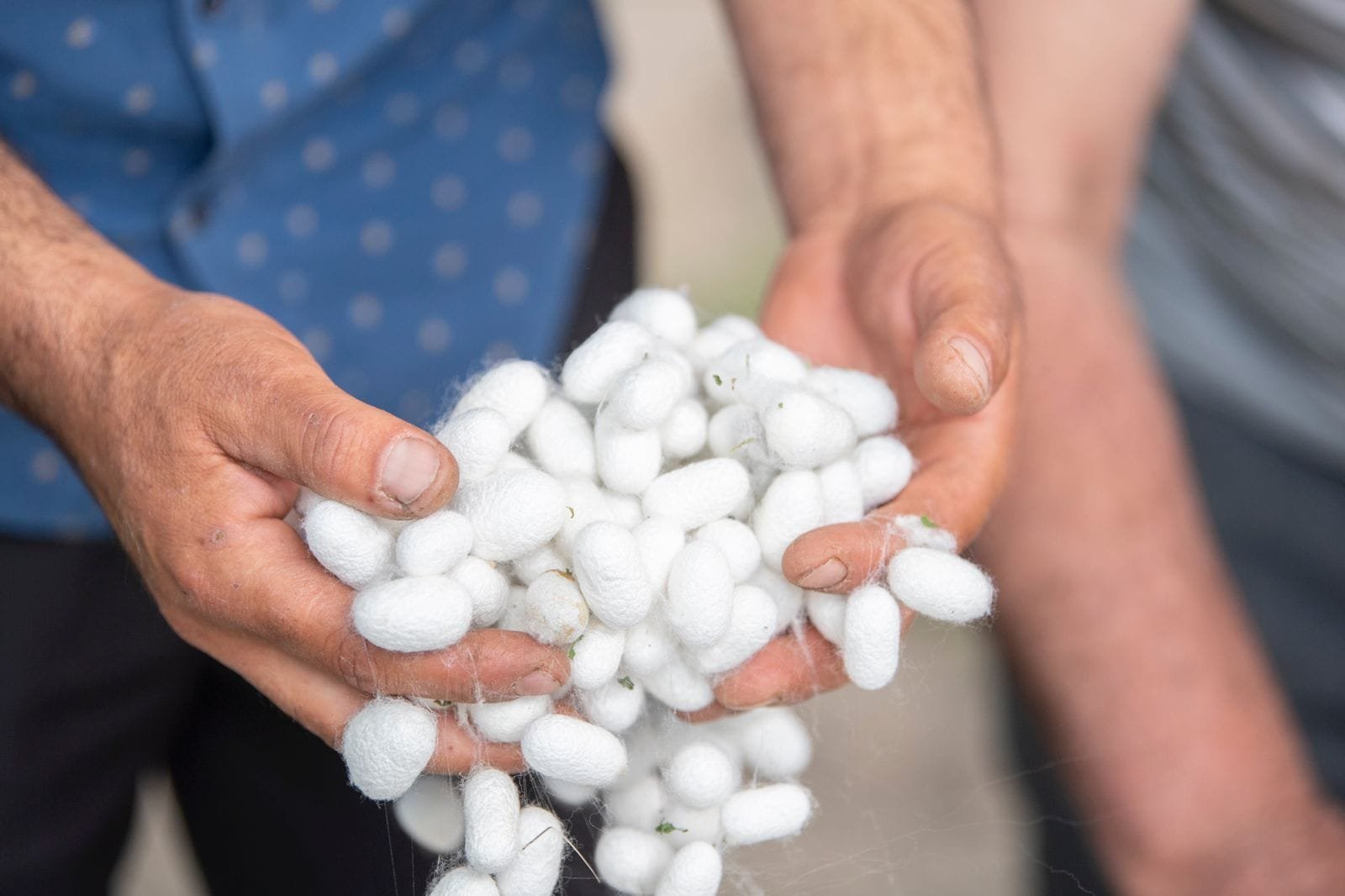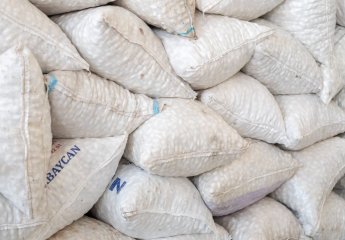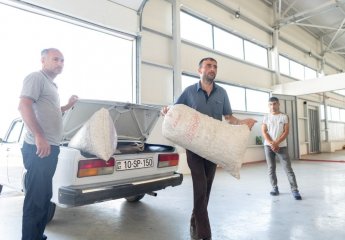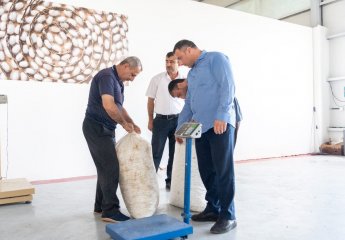
The largest number of cocoons was supplied in Zardab district. Whey farmers delivered 50 tons of 948 kilograms of wet cocoons to supply points. According to product supply, Agjabadi (21 tons 143 kg), Balakan (19 tons 117 kg), Barda (11 tons 876 kg), Fuzuli (9 tons 994 kg), Kurdamir (7 tons 775 kg), Sabirabad (5 tons 206 kilograms) ) and Tartar (5 tons 41 kilograms) regions are leading.
During the day, in total, 29 tons and 432 kilograms of wet cocoons were delivered to supply points across the republic.
The production of wet cocoons is subsidized by the state. Since this year, the amount of subsidy given by the state for the supply of water treatment and the purchase price of the product have been increased. Kumchus deliver the fresh cocoons to "AzerIpek" LLC for 5 AZN per kilogram. In addition, the state pays a subsidy of 6 manats to farmers for each kilogram of wet cocoons produced. In general, the farmer receives 11 manats for each kilogram of wet cocoons he delivers.
This year, the state distributed 11,130 boxes of silkworm seeds to farmers free of charge. Wet cocoons are being supplied in 40 regions of Azerbaijan this year.
During the day, in total, 29 tons and 432 kilograms of wet cocoons were delivered to supply points across the republic.
The production of wet cocoons is subsidized by the state. Since this year, the amount of subsidy given by the state for the supply of water treatment and the purchase price of the product have been increased. Kumchus deliver the fresh cocoons to "AzerIpek" LLC for 5 AZN per kilogram. In addition, the state pays a subsidy of 6 manats to farmers for each kilogram of wet cocoons produced. In general, the farmer receives 11 manats for each kilogram of wet cocoons he delivers.
This year, the state distributed 11,130 boxes of silkworm seeds to farmers free of charge. Wet cocoons are being supplied in 40 regions of Azerbaijan this year.




 EN
EN

